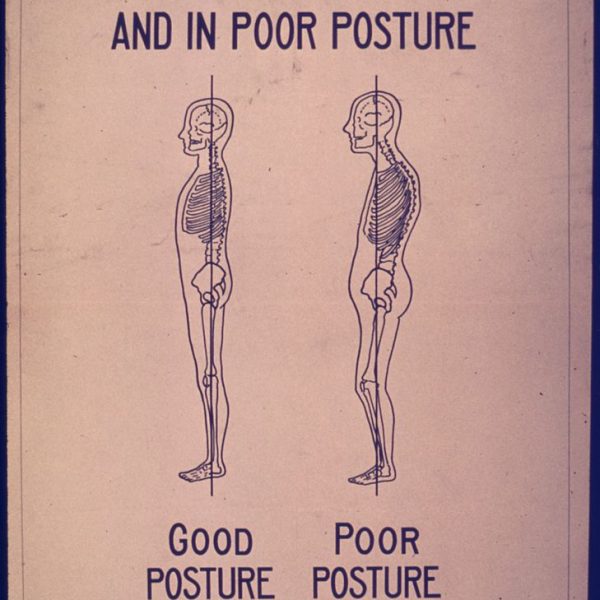Recovery from addiction is a deeply personal and challenging journey, often filled with obstacles that test our resilience and strength. But every storm is followed by a rainbow, and so is the path of recovery. For women battling addiction, this journey to sobriety can be a transformative process, empowering them to reclaim control of their lives and reestablish their self-confidence. This article offers seven valuable tips to support women on this triumphant road to addiction recovery, providing guidance and hope to those determined to break free from the chains of their dependency.

Table of Contents
Find a Recovery Center with Personalized Treatment Plans
A personalized treatment plan is crucial for effective addiction recovery. It addresses individual circumstances and needs, ensuring tailored support. When choosing a recovery center, prioritize personalized plans that consider substance abuse type, addiction duration, personal history, and mental health conditions. This approach enhances treatment effectiveness, facilitating a smoother and sustainable recovery journey.
Choosing a recovery center offering individualized treatment also means that the program will evolve as you progress in your recovery. This flexibility is crucial because recovery isn’t a linear process; it involves different stages, each requiring different types of support.
Non-12 step drug rehab programs offer a valuable alternative for individuals seeking recovery from addiction. These approaches typically emphasize personalized therapy and evidence-based practices, providing tailored support that meets the unique needs of each person. By focusing on underlying causes and promoting self-empowerment, non-12 step drug rehab can help individuals build a foundation for long-term sobriety and wellness.
Moreover, a women-only recovery center offering individualized addiction treatment plans can provide a safe and supportive environment, free from discrimination or stigma, allowing you to focus entirely on your recovery. This dynamic can significantly increase your chances of success on the road to sobriety.
Surround Yourself with Positive Influences
It’s important to identify and connect with individuals who encourage your recovery, respect your boundaries, and inspire you to maintain your sobriety. These individuals could be supportive family members, genuine friends, peers in recovery, or professional counseling teams. Their positive influence can bolster your commitment to sobriety and provide the emotional support needed during challenging times.
Remember, negativity can harm your progress toward recovery. Therefore, it’s crucial to distance yourself from individuals or circumstances that could potentially trigger a relapse, such as those who may not respect your decision to stay sober or environments that have previously facilitated substance abuse. It might be a difficult decision to make, but eliminating harmful influences is a necessary part of building a healthier lifestyle.
Prioritize Mental Health
Addiction often arises from mental health issues like trauma, depression, anxiety, or low self-esteem. So, prioritizing women’s mental well-being during recovery is crucial. This means investing in therapies like cognitive-behavioral therapy (CBT), dialectical behavior therapy (DBT), mindfulness, and meditation. These tools help identify triggers and stressors that may lead to substance use, equipping you with coping mechanisms for lasting sobriety.

To maintain a healthy mental state, take a holistic approach. Engage in physical activity, eat a balanced diet, and get enough sleep. These lifestyle factors can greatly improve your mood, reduce anxiety, and enhance overall mental health. Seek professional help if needed. Therapists, psychiatrists, and support groups are there to guide and support you on the path to mental well-being.
Address Trauma and Underlying Issues
For many women, addiction often stems from unresolved trauma or underlying issues. Unaddressed trauma can act as a catalyst for substance abuse, as individuals may use drugs or alcohol as a coping mechanism. To empower yourself in recovery, it’s important to confront and work through these deep-seated issues. This may involve trauma-focused therapies like Eye Movement Desensitization and Reprocessing (EMDR) or narrative therapy, which can help process experiences and reduce their impact on your life.
Addressing underlying issues also involves resolving co-existing mental health conditions. Dual diagnosis, the presence of both a mental health disorder and substance abuse, is common among those battling addiction. Comprehensive therapies and medication, guided by professionals, can help manage these conditions. Remember, seeking help is a sign of strength and determination to achieve sobriety.
Encourage Self-Care Practices
Self-care is vital for addiction recovery, promoting physical, mental, and emotional health. Establish a routine with activities that nourish your well-being, like walking in nature, reading, meditating, exercising, or simply relaxing and breathing deeply. These practices reduce stress, enhance mood, and boost overall well-being for sobriety.
Remember, self-care is crucial to the recovery process. It’s about being kind to yourself and prioritizing your needs, empowering women on the path to recovery. By practicing self-care, you acknowledge your worth and take steps to maintain health and sobriety. Be patient and gentle, knowing each step in your self-care routine leads to a healthier, sober life.
Build a Strong Support Network
Addiction recovery is not a journey that anyone should undertake alone. Building a strong support network of individuals who understand your struggles and are rooting for your success is crucial for sustained sobriety. This network can include family, friends, support groups, sponsors, and professional counselors. It’s important to have a diverse range of people who provide different types of support.
Remember that you are not obligated to share your recovery journey with everyone. You have the right to choose whom you confide in and how much information you share. Boundaries are essential for healthy relationships and maintaining your peace of mind during recovery. Therefore, choose individuals who respect your boundaries and support you without judgment or pressure.
Embrace the Journey, Not Just the Destination
It’s about acknowledging that each day of your journey, no matter how difficult, is an essential part of your transformation. It’s about celebrating your small victories, learning from your setbacks, and understanding that every experience, good or bad, contributes to your personal growth and resilience. In essence, the journey itself is a destination, a transformative process that shapes you into a stronger, healthier, and more self-aware person.
Understanding the journey involves recognizing that recovery from addiction isn’t a linear path; it comes with its ups and downs. There might be days when you feel empowered and strong and others when you feel challenged and vulnerable. That’s okay. It’s all part of the journey. It’s important to remember that it’s not about how quickly you travel the road to recovery but about the courage, determination, and commitment you display throughout the journey.
Empowering women in addiction recovery is crucial for a society that values and supports women’s well-being. By providing personalized treatment plans, prioritizing mental health, addressing trauma and underlying issues, encouraging self-care, building a strong support network, and embracing the recovery journey, we empower women to take control, achieve sobriety, and find happiness, health, and freedom from addiction.
- About the Author
- Latest Posts
Whether she is researching the latest trends in home decor, life-changing destination getaways, or the best way to maintain your finances, Dewey takes pride in leaving no stone unturned. She is passionate about distilling and delivering high-quality information that you can use to upgrade your life.




